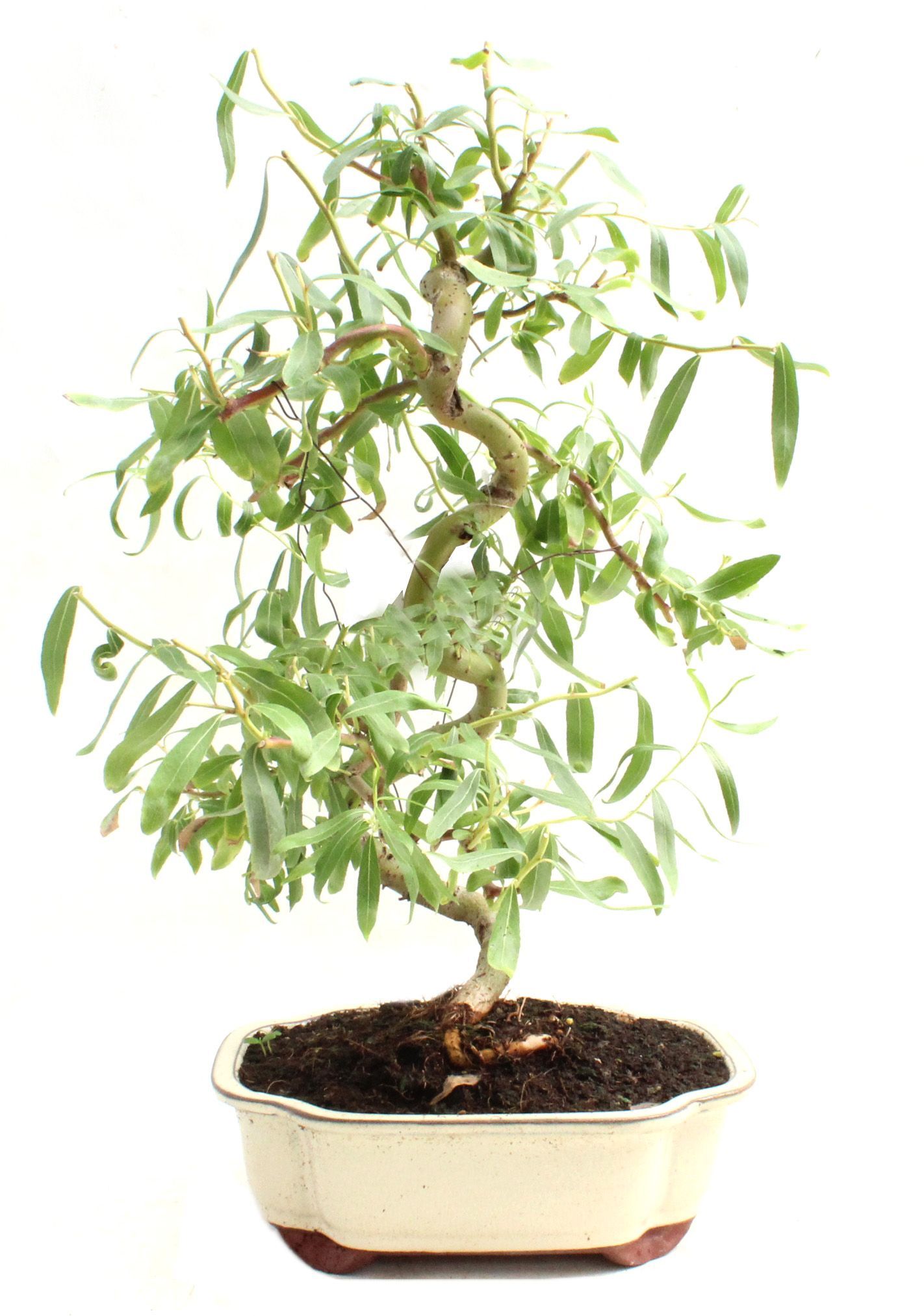Characteristics
The foliage varies depending on the variety, it can be hanging (weeping willow) or normal bearing (white willow).
Location
Outdoor Bonsai, that prefers sunny places, although in summer it is preferable to keep it in a semi-shaded location, but always a bright place. It perfectly withstands the wind, and its development is optimal in airy locations.
Watering
Water abundantly, and maintain a perfect drainage of the pot, so to constantly keep humidity in the bloc of roots. In full summer, it may become necessary to keep the pot in a basin full of water. It is very interesting to vaporize the willow crown, since they require very high hygrometry.
Fertilization
Basically in spring and autumn; Using an organic fertilizer of slow decomposition. Do not fertilize during summer, nor during the first 6 weeks after transplanting; and never provide fertilizer to a tree in poor condition.
Re-potting
Twice a year in early spring and early summer, after having trimmed half of the roots, and to transplant to a larger pot than the previous one.
Substrate
A very draining substrate should be used, otherwise, Mistral Bonsai “TERRABONSAI” can also be used.
Pruning and pinching
Pruning
Prune at the time of transplant, leaving one bud per branch. Cut the long shoots in late autumn.
Pinching
Pinch the buds in the early stages of spring, before the sap starts flowing.
Wiring
During spring and summer, wrapping the copper wire with raffia to avoid damaging the wood. We can also shape by placing weights.
Curiosities
Its use is mainly oriented to ornamental gardening, but we can find other species, such as the Salix caprea, whose buds are a delicacy for goats, or the wicker (Salix fragilis) whose use to make farm closures is compatible with the suitability of its branches for wickerwork.

